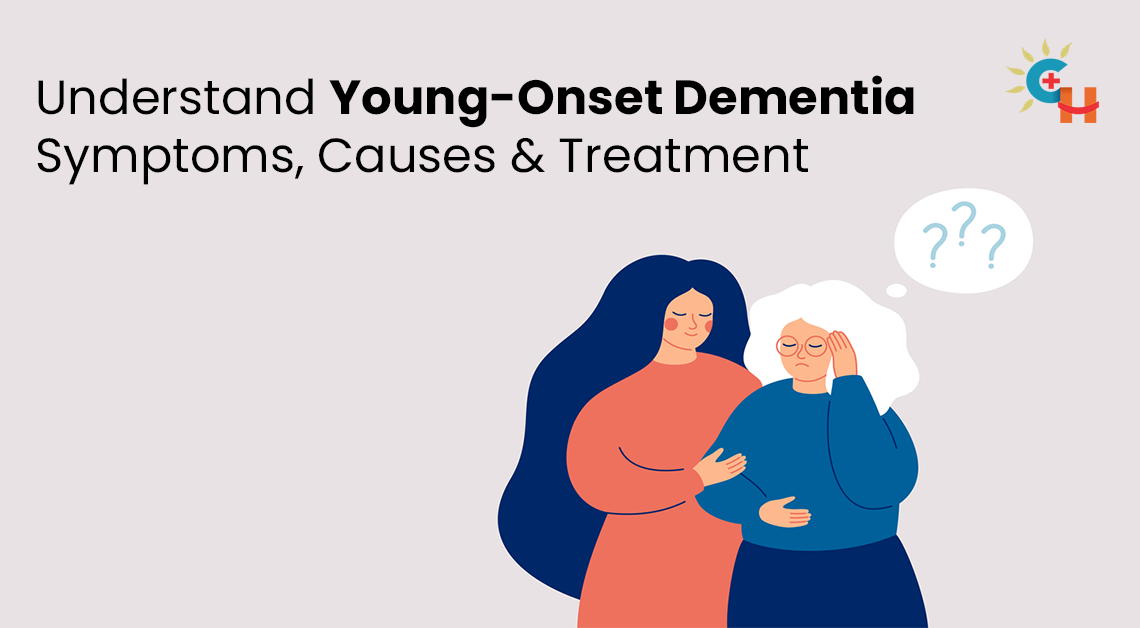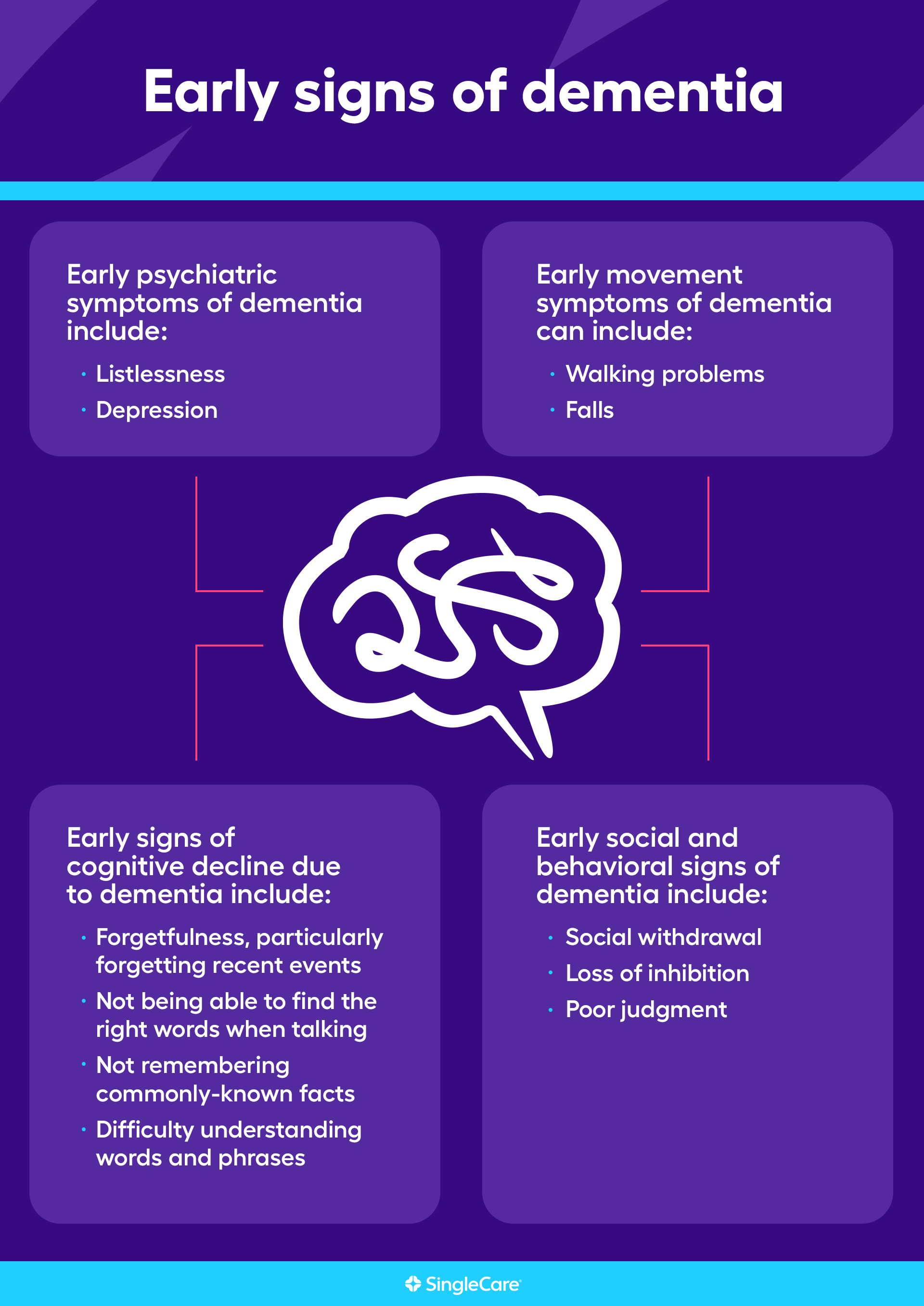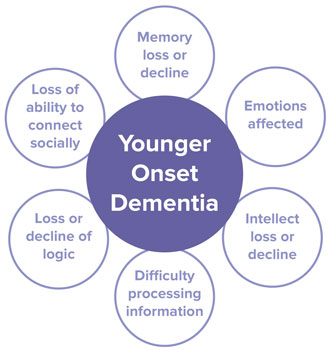Understanding the Influence of Mental Deterioration on Every Day Life and Caregiving
Dementia impacts everyday life in extensive means, influencing not just those diagnosed yet additionally their caregivers. As cognitive decline progresses, you might discover modifications in interaction and regular that difficulty both events.
The Stages of Dementia and Their Impacts on Every Day Life
As you browse the trip of dementia, understanding its phases can significantly influence how you manage everyday life. Mental deterioration commonly progresses through three main phases: early, center, and late.
Throughout the middle stage, you'll experience a lot more visible cognitive decrease. Daily jobs might become difficult, and keeping your independence may need changes. Making use of reminders and simplifying your environment can help.
In the late phase, people frequently require considerable assistance with daily activities. Preparation for treatment becomes important, concentrating on comfort and lifestyle. By understanding these stages, you're much better furnished to respond proactively, ensuring you or your enjoyed one can navigate the obstacles with self-respect and poise.

Modifications in Interaction and Social Communication
How do changes in interaction influence your day-to-day communications as dementia proceeds? As dementia advances, you might observe that basic discussions become tough. Words might leave you, or you might battle to find the best expressions. This can cause frustration for both you and your liked ones. Nonverbal cues, like gestures or faces, come to be significantly vital.
You might discover it easier to connect with these means rather than relying only on spoken language. Listening abilities can likewise transform; you may find it tougher to keep in mind or adhere to discussions what was simply stated (Frontotemporal Dementia). This can result in misunderstandings or feelings of seclusion
Encouraging perseverance and developing an encouraging setting can assist. Involving in tasks that foster link, like music or art, can improve social interactions. Bear in mind, maintaining relationships is still feasible; it's just around adjusting to brand-new means of communicating.
Effect On Daily Routines and Activities
While maneuvering daily regimens, you'll likely see that jobs you when finished effortlessly ended up being extra challenging as dementia progresses. Straightforward activities like cooking, clothing, or even showering might need even more effort and time. You could locate yourself neglecting actions in familiar regimens or having a hard time to recall where you positioned items. This can lead to stress not just for you, however also for those around you.
Preparation your day can feel frustrating, making it more challenging to stay with a timetable. You might require tips for appointments or to take medications. Adjusting your setting can aid; as an example, identifying things or utilizing checklists can streamline tasks. Engaging in repeated, structured activities can also supply convenience and a feeling of achievement. Keep in mind, it's alright to ask for assistance. Surrounding on your own with helpful close friends or family can make managing these changes a bit much easier.
Behavior and emotional Challenges
Guiding through day-to-day routines can bring around not simply practical obstacles, but behavioral and likewise psychological ones. You could discover changes in state of mind, such as increased anxiousness or irritation, which can come from confusion or difficulty in finishing tasks. As you browse these moments, it is essential to identify that your enjoyed one may express their sensations via habits like frustration or withdrawal.
These psychological feedbacks can be uncertain and may arise without caution, leaving you both sensation overwhelmed. You might find that familiar atmospheres or regimens can help decrease stress and anxiety, but maintaining persistence ends up being significant. It is crucial to verify their sensations, even if you don't totally understand them.
The Function of Caregivers in Sustaining People With Mental Deterioration
As a caretaker, you play an important function in giving emotional assistance for individuals with mental deterioration. Establishing daily treatment regimens can produce a feeling of security and convenience, aiding to relieve their stress and anxiety. By recognizing their needs and making use of effective methods, you can significantly improve their lifestyle.
Emotional Support Techniques
When looking after someone with mental deterioration, recognizing the psychological landscape is vital for giving efficient assistance. You'll often discover that perseverance and empathy go a lengthy method. Validate their feelings; if they reveal complication or frustration, acknowledge it without disregarding their feelings. Easy gestures, like holding their hand or keeping eye get in touch their explanation with, can develop a complacency. Attempt to involve in tasks that they enjoy, as this can spark pleasure and connection. Keep in mind to connect clearly and slowly, using a calm tone. Motivate expression through songs or art, which can function as a powerful outlet. Eventually, do not forget to care for your own emotional demands; looking for assistance for on your own can boost your capacity to take care of them.
Daily Care Routines
Establishing daily care regimens is vital for offering stability and comfort to people with mental deterioration, as these routines can assist lower complication and anxiety. You can start by detailing a constant routine for dishes, tasks, and rest. This predictability helps your loved one really feel much more safe and secure and engaged.
Include familiar tasks, like folding washing or watering plants, which can stimulate favorable memories and cultivate a feeling of achievement. Usage aesthetic hints, such as lists or calendars, to direct them via the day.
Be versatile, though; adjust routines as needed based on their state of mind or power degrees. Fall Risk. Keep in mind, your patience and understanding are crucial in steering their altering needs, guaranteeing they really feel supported and valued throughout their daily life
Producing a Safe and Comfy Living Environment
Creating a secure and comfortable living atmosphere is essential for people with mental deterioration. You'll wish to make home security alterations that lower risks and assure experience to give a feeling of comfort. By concentrating on these aspects, you can assist create a space that supports both safety and health.
Home Safety Modifications
As you browse the difficulties of dementia, making home safety modifications can greatly boost comfort and protection. Begin by eliminating tripping risks like carpets and mess, ensuring pathways are clear. Mount grab bars in washrooms and non-slip mats in the shower to prevent falls. Take into consideration utilizing brighter lights and night lights to boost visibility, especially throughout nighttime. Tag vital areas, such as the washroom and cooking area, with clear indications to assist with orientation. Secure any sharp objects or hazardous compounds out of reach. In addition, analyze your home's alarms and locks to verify they're user-friendly and offer comfort. These modifications not just advertise safety and security but additionally encourage self-reliance, allowing your enjoyed one to really feel more secure in their setting.
Convenience and Experience
After making sure a secure environment with required alterations, cultivating comfort and experience is vital for people with mental deterioration. Start by customizing their area. Usage acquainted shades, decors, and photographs that evoke pleased memories. A preferred covering or chair can give a sense of safety. Maintain a constant routine to assist them really feel based and reduce anxiety. Basic, acquainted dishes can also create a reassuring environment. Keep pathways clutter-free and clear to stay clear of complication. Include you can try these out soft illumination, as intense lights can be disorienting. Take into consideration including comforting aromas, like lavender, to advertise leisure. Participating in familiar tasks, such as paying attention to songs or gardening, can enhance their sense of belonging, making their living environment a real refuge.
Approaches for Efficient Caregiving and Support
While steering the difficulties of mental deterioration care can feel frustrating, executing reliable methods can considerably improve both the caregiver's and the client's day-to-day experience. Beginning by developing a regimen; predictability aids decrease stress and anxiety for both you and your loved one. Usage clear, easy interaction-- short sentences and straight questions can protect against confusion.

Do not neglect to take treatment of on your own; routine breaks and get in touch with support system. Sharing experiences with others in comparable circumstances can offer important insights and emotional alleviation.
Last but not least, stay client and flexible. Mental deterioration can bring unforeseeable changes, so adjusting your strategy is important. By employing these strategies, you can cultivate a much more favorable atmosphere that benefits both you and your enjoyed one.
Often Asked Questions

What Are the Different Sorts Of Dementia?
You'll discover several kinds of mental deterioration, consisting of Alzheimer's, vascular mental deterioration, Lewy body mental deterioration, and frontotemporal mental deterioration. Each kind impacts memory and cognitive function in a different way, so comprehending the distinctions is important for proper diagnosis and care.
Exactly How Can I Assist Somebody With Early-Stage Dementia?
You can help a person with early-stage mental deterioration by being client, using support, and encouraging them to involve in tasks they take pleasure in. Maintaining routines consistent and maintaining open communication can additionally make a substantial distinction in their day-to-day live.
Are There Financial Resources Available for Mental Deterioration Care?
Yes, there are funds offered for dementia care. You can discover federal government support programs, not-for-profit companies, and insurance options. It's additionally smart to get in touch with regional agencies for details sources tailored to your scenario.
What Legal Factors To Consider Should Caregivers Recognize?
As a caregiver, you should take into consideration power of attorney, health care proxies, and guardianship laws. It's important to understand the lawful civil liberties and obligations you hold, ensuring your liked one receives website link appropriate care and defense.
Exactly How Can I Cope With Caregiver Stress?
You can manage caretaker tension by focusing on self-care, seeking assistance from groups or friends, establishing reasonable assumptions, taking breaks, and practicing relaxation strategies. Remember, your wellness matters simply as much as the individual you're looking after.
Recognizing the Impact of Dementia on Daily Life and Caregiving.
As you browse the trip of dementia, recognizing its stages can substantially impact just how you manage everyday life.While steering day-to-day routines, you'll likely discover that tasks you when finished easily ended up being extra challenging as dementia advances.Establishing everyday treatment regimens is essential for offering stability and comfort to people with mental deterioration, as these regimens can aid reduce confusion and anxiety.While maneuvering the difficulties of mental deterioration care can feel overwhelming, executing efficient methods can substantially boost both the caretaker's and the person's daily experience.